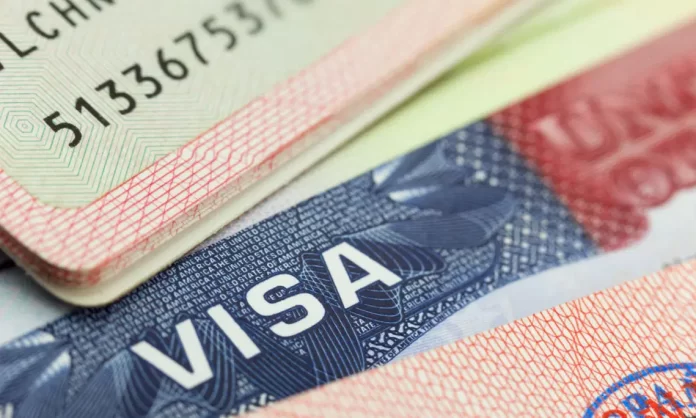In recent times, many Nigerians have grown increasingly disillusioned by the tough economic conditions and rising insecurity that have made life unbearable.
As a result, a growing number of people are seeking opportunities abroad—whether for work, education, or a fresh start.
This trend, commonly referred to as japa, reflects a deep desire for a better life overseas.
However, not everyone looking to travel is trying to flee the country.
Many have legitimate reasons such as pursuing higher education, expanding their businesses, or simply going on vacation.
But the frustration deepens when visa applications are denied. It’s only natural to wonder: Why was my application rejected? What do successful applicants do differently?
To help prospective travelers improve their chances, here are 10 important factors visa officers typically consider during interviews and application assessments:
1. Clear Purpose of Travel
Having a well-defined and legitimate reason for your trip is essential.
Visa officers want to see that your purpose is genuine and supported by documentation. Whether you’re applying as a student, tourist, or business traveler, you’ll need evidence such as:
• Admission letters
• Employment offers
• Travel itineraries
A clear explanation of your travel plans helps build credibility and sets the tone for a positive review.
2. Strong Ties to Home Country
One of the biggest concerns visa officers have is whether you’ll return to your home country after your stay.
Demonstrating strong ties can ease this concern. These ties may include:
• Family relationships
• A stable job
• Property ownership
Presenting solid proof of your intent to return can greatly improve your application’s chances.
3. Financial Capability
Visa officers want assurance that you can support yourself during your stay without becoming a burden on their country’s resources.
Documents like recent bank statements, proof of income, or sponsorship letters can help establish your financial stability.
4. Complete and Accurate Documentation
Submitting complete and accurate documents is non-negotiable. Incomplete or inconsistent paperwork is a common reason for denial. Ensure your application includes:
• A valid passport
• A fully filled application form
• Supporting documents as required for your visa type
Well-organized and truthful documentation reflects seriousness and responsibility.
5. Honesty and Consistency
What you say during the interview must align with what’s on your application. Inconsistencies can quickly raise red flags.
Always be truthful and consistent, both in your paperwork and during your interview. Transparency helps build trust with visa officials.
6. Confidence and Communication
During interviews, how you present yourself matters. Speak clearly, answer confidently, and show that you’ve done your homework. Demonstrating knowledge about your destination and plans conveys seriousness and preparedness.
7. Avoid Red Flags Like Overstaying
Visa officers are trained to spot applicants who may overstay or misuse their visas. Any hint that you might engage in unauthorized work or overstay your visit can jeopardize your chances. Respecting visa terms and showing that you intend to comply with all regulations is critical.
8. Interview Preparation
Take time to prepare thoroughly for your interview. Understand the specific requirements of the visa you’re applying for and anticipate likely questions. The more prepared you are, the better your chances of making a good impression.
9. Organized Documentation
Having all required documents ready and neatly arranged can save time and reduce the chance of delays or denials. Organize everything into a single file or folder so it’s easy to access during your interview.
10. Professionalism and Politeness
Your demeanor speaks volumes. Being respectful, polite, and professional during your interview creates a positive impression.
It signals to the visa officer that you’re a responsible traveler who will obey the laws and customs of their country.
Before applying, always visit the official website of the embassy or consulate of the country you’re planning to visit.
There, you’ll find the most accurate and up-to-date information about application procedures, required documents, and interview tips.



